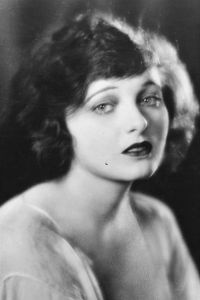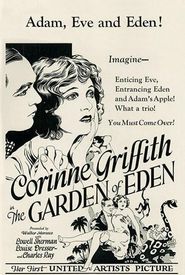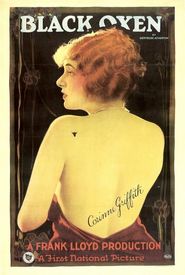Corinne Griffith, a renowned star of the silent era, began her illustrious film career at Vitagraph in 1916, and later transitioned to First National, where she emerged as one of the studio's most prominent stars, earning the nickname "Orchid Lady of the Screen" at the height of her popularity.
Her most notable film, Black Oxen (1923),showcased her remarkable talent, and in 1925, she starred in Déclassé, featuring a young extra named Clark Gable, who would later become a Hollywood legend.
Corinne's exceptional performance in The Divine Lady (1928) garnered an Academy Award nomination, but unfortunately, the transition to sound films did not treat her as kindly. The introduction of music in early sound movies, although a popular device, proved to be a challenge for her, as she struggled to adapt to the new medium.
Her acting style, rooted in the pre-sound era, failed to resonate with audiences, and her attempts to sing were met with disappointment. As a result, her Hollywood career came to a close with the release of her final film in 1930.
After appearing in an English film in 1932, Corinne retired from the film industry, only to make a brief comeback in 1962 with Paradise Alley, a low-budget production directed by Hugo Haas.























